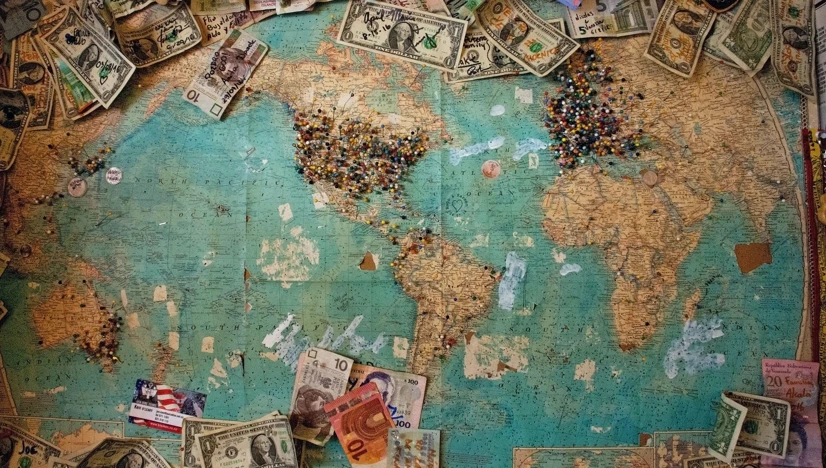Dollar dominance and the international adjustment to global risk

Photo by Christine Roy on Unsplash
Centre for Economic Policy Research, 2021
The authors analyse the role and effects of the US dollar as factual global reserve currency. They demonstrate that a flight into the dollar creates adverse effects for the global economy as it represents a tightening of financial conditions.
Comment from our editors:
This short essay summarising the main insights of the authors' paper the role and effects of the US dollar as a safe haven is helpful primer on the greenback's special position within the world economy. Georgiadis et al. demonstrate that the very effect of dollar appreciation during times of crisis creates a net negative effect for the global economy, because a rising dollar exchange rate is in effect a tightening of financial conditions for emerging markets in particular. Their work is thus a good base from which to analyse the effects of the war in Ukraine on the global financial system, with the peculiarity, of course, that this time around it is the very dollar reserves of a major central bank that have been frozen, potentially creating questions about the dollar's reserve currency status in the long run.
Go to: Dollar dominance and the international adjustment to global risk
